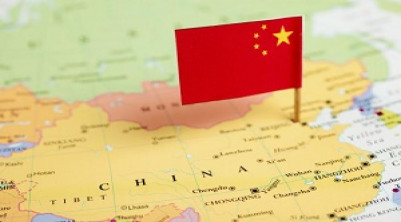
What the strategic underpinnings of China’s foreign policy are, depend on one’s theory of the case. It depends on what foreign policy is considered to be, what weight is given to personality, perception, structures and other factors in making and determining foreign policy. A clarification at the outset: China, like all other powers, reacts to external stimuli as seen through the lens of its own national interest while seeking goals that it sets for itself. As China has gained power in the international system, its agency and capacity for independent action in the world have increased, dramatically in its immediate periphery and less so further away from its territory.By this reckoning, one would expect the long-term goals of China’s foreign policy to remain constant, namely – overturning all vestiges of the ‘century of humiliation’ and a return to what is perceived – wrongly – as a historical norm of China’s global primacy. The means to achieve them, however, would vary with changes in the strategic environment.
To put it another way, one could expect China’s foreign policy practice to change depending on its external situation and its growing power to create outcomes. And that is precisely what we see in China’s foreign policy since the founding of the People’s Republic of China in 1949. China has been quick to adjust to changes in its external situation, allying first with the Soviet Union against the US, then with the Americans against the Soviets, and since 2008 striking out independently as its ability to create outcomes grew.However, rather than look back in time let us consider the present and the future of China’s foreign policy.
© 2019 ICS All rights reserved.
Powered by Matrix Nodes